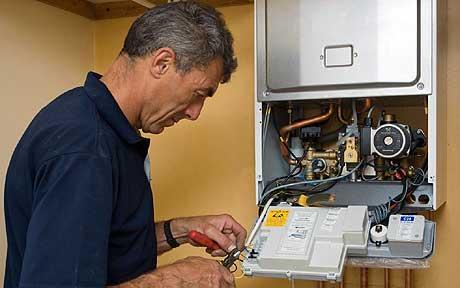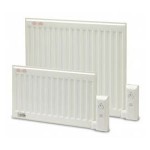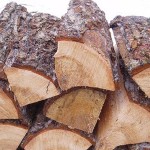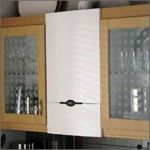Worchester Bosch Gas Boilers Problems: Troubleshooting Guide
Nowadays the home heating industry, which has been up to various renovations over the last decade or two, is market-presented with a huge choice of both energy-efficient and convenient home heating systems (from conventional & combination boilers to geothermal, radiant or hydronic heating systems), designed to satisfy various needs of today’s customers. Of course, all heating systems have their benefits and implications, but when it comes to choosing not only reliable, but also more efficient and smoothly-operated system, gas boilers, like Worchester’s Bosch Group, take the most trend.

Currently, Worcester Bosch Group leads the market with its highly-effective and highly-efficient condensing boiler technology, providing both hot water and heating comfort. Despite Worchester’s boilers being designed and constructed with highest quality materials, as well as standardized to guarantee both quality and reliability of operation, sometimes gas boilers happen to come out of order (esp. if the warranty period is over), producing different weird noises, like leaks or drips, or other common boiler problems that need to be repaired. So, what are the most common Worchester Bosch gas boilers problems, and how to deal with them?
Worchester Bosch Gas Boilers Problems: Boiler Repair
Gas boilers often break down at the most inconvenient times, and if you happen to deal with gas boilers problems, often it’s advisable to seek professional help from an experienced technician, who can eliminate the problem. But, sometimes, the problem may be of a minor character, and you can easily troubleshoot it yourself without wasting your time, while waiting for technician’s arrival. So, here are most common Worchester Bosch gas boilers problems, and tips on how to troubleshoot them:
- inadequate heating performance (probable cause: inappropriate water level abrupt alteration or boiler’s atmosphere sudden fluctuation as a result of the presence of mineral deposits):
- check tridicator (gas boiler pressure and temperature measuring device (pressure needed – 12 psi, if less, open water valve to feed boiler up to 12 psi);
- expel mineral deposits through the boiler’s flush system;
- expansion tank problem (probable cause: overflowing water or insufficient air):
- determine the expansion tank location (older versions – attic, newer versions – ceiling);
- ensure air being properly carried in the expansion tank (avoid water level pressure exceeding);
- compare the tank’s bottom and tank’s top temperature (bottom should be hotter, if not, unplug boiler, close water supply system, wait till the tank becomes cooler);
- drain some water (attach a hose to the boiler’s purge valve, if no purge valve is included, unplug the valve in between the expansion tank and the boiler);
- radiators improper hating (probable cause: locked air in the radiator or in the line, or defective zone valve):
- unlock bleed valve (close it if the water starts to squeeze);
- check zone valve’s motor (if it’s not functioning properly, call a technician);
- other problems: leaking, dripping, strange noises (whistling, banging or gurgling), pressure losses, frozen condensate pipe, pilot light going out, thermostat malfunctioning, kittling, boiler constant switching itself off etc.
Practically, the problem defines the measure: minor problems can be remedied without professional help, but in case of a boiler serious malfunctioning, it’s always better to call a technician.
- popular
- new






